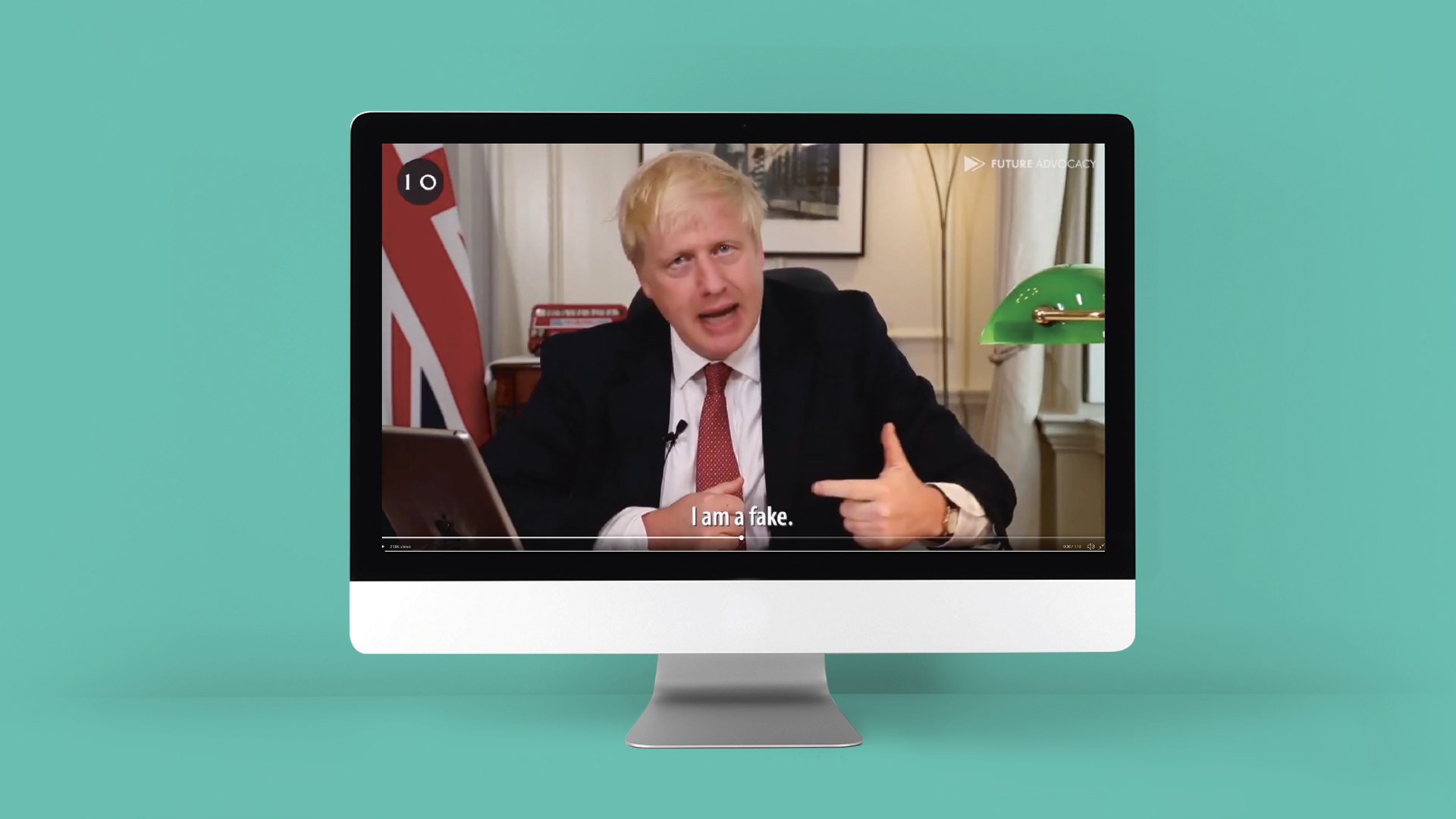If you caught sight of a screen on November 12 you may have been forgiven for doing a double take as Boris Johnson tipped Jeremy Corbyn for Prime Minister and the Labour leader returned the favour. It wasn’t a softening of either’s stance towards the other – their testy exchanges in telly debates since attest to that – both clips were deepfakes, videos that use deep learning to imitate a person.
The clips offered a glimpse into what could become the biggest threat to democracy. Yes, even more than the current scourge of the media: fake news.
“As we see with Donald Trump now dismissing things as fake news, it’s very easy to see a future where people will be dismissing things as deepfakes,” says Areeq Chowdhury, the head of think tank Future Advocacy (FA), the group behind the deepfakes. “That is the big threat and I don’t know what the answer is currently.”
A video showing Boris Johnson endorsing Jeremy Corbyn for Prime Minister has just landed online, another shows Corbyn backing Johnson.
Confused? Well they’re deep fakes created by @futureadvocacy & I’ve been behind the scenes for the making of them for @VictoriaLIVE > pic.twitter.com/N5uvwsZAFU
— Catrin Nye (@CatrinNye) November 12, 2019
The Corbyn and Johnson deepfakes thrust the issue into the spotlight when they featured on BBC show Victoria Derbyshire – coverage has been rare in the Brexit-dominated political news.
But FA’s effort struck a chord due to the high-profile pair it sought to emulate with the deepfake videos. That was the result of six months’ work, after Chowdhury and his team joined forces with UK artist Bill Posters – who created an attention-grabbing deepfake of Facebook chief Mark Zuckerberg earlier in the year – Israeli company Canny AI and Britain’s Got Talent impressionist Darren Altman.









